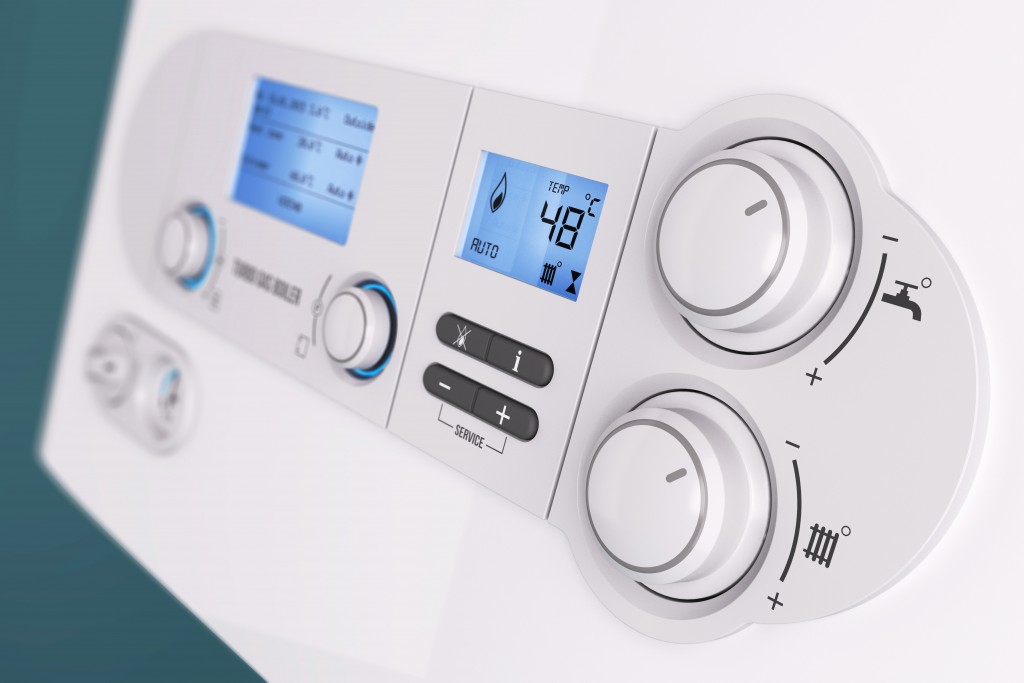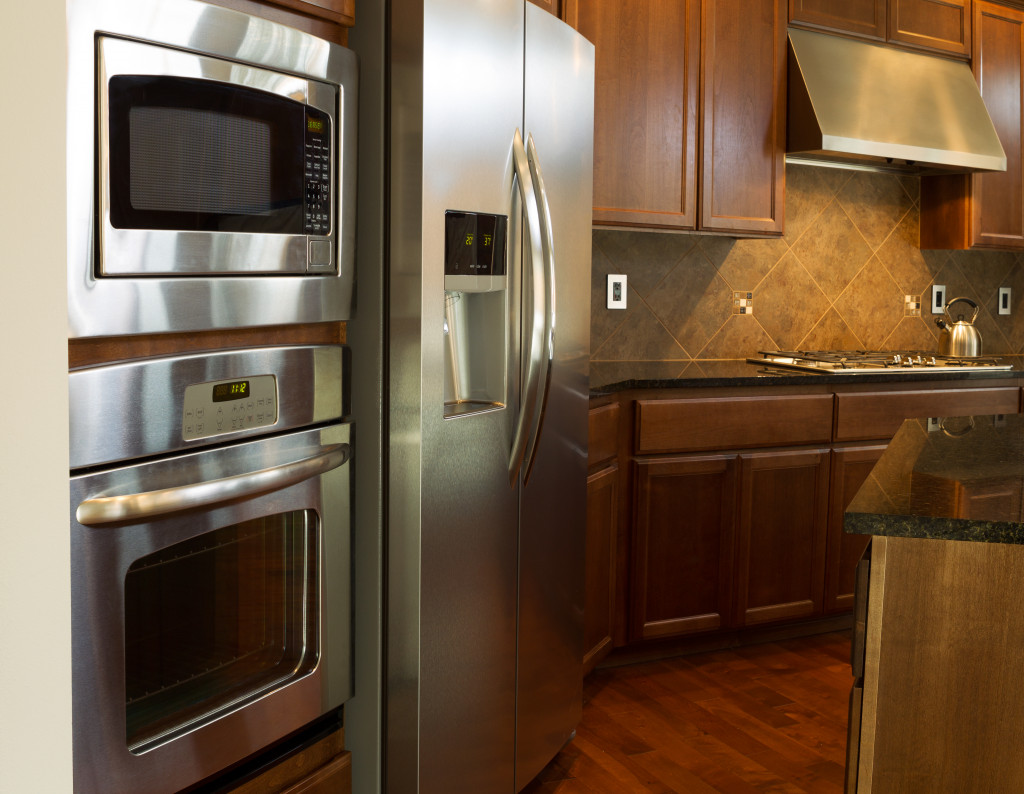Every home needs appliances. These machines help make life easier and more comfortable for everyone. Unfortunately, regardless of how durable the brand is, appliances have a limited shelf life. At some point in time, you will need to buy a new machine that can continue to serve your needs around the house.
Buying a new appliance can be more stressful than it should be. Prices increase over time, and you might be surprised that the basic single burner stove you bought five years ago now costs twice as much. If you will be spending hard-earned money on a new appliance, it is much better to upgrade instead and get added value for your buck.
There is a right timing for upgrading home appliances. If you wait too long, your machine might break down before you can get a new one, which would lead to a whole new set of troubles. If you buy a replacement too early, you won’t be able to maximize your initial investment in the original piece you purchased.
Here are a few tips to find out if it is time to head to the department store and purchase the newest version of appliances.
1. The warranty is over, and the appliance is nearing the end of its shelf life.
When you purchase an appliance, it will almost always come with a manufacturer’s warranty. The warranty usually lasts for a fraction of the appliance’s estimated lifespan, just long enough for owners to avoid worrying for repair costs in the first two to three years of owning it. However, some companies offer significantly longer warranties to prove just how much they believe in their quality.
The lifespan of an appliance varies depending on its brand, along with other factors such as how much usage it gets in your household and how careful people are in using it. Still, it helps to have an estimate in mind to properly judge if the appliance can last a couple more years or if it is bound to break down soon.
On average, air conditioners last the longest, with some households using the same aircon for up to fifteen years. Refrigerators are also sturdy investments as they can last up to thirteen years before the parts start to wear down. Washing machines can work up to ten years with proper care, but can also succumb to wear and tear in just five years if used too much.
Once an appliance reaches the tail end of its estimated lifespan and it isn’t under warranty anymore, it might be time to call it quits and move on.

2. Repairs are starting to get costly.
Once the warranty period is over, you will have to pay for replacement parts and labor whenever you bring your appliance to the shop for repairs. While small repairs will only cost you a small amount, you need to consider long-term expenses when calculating if the machine is still worth the maintenance.
For instance, if your oven keeps on breaking down at least once a year, the total costs of having it repaired in five years might be more than the price of a brand new item. Depending on the damage, appliances can end up costing you more in repair costs than buying a replacement. A good indicator of when to buy a new version is if the total repair costs have exceeded half the appliance’s original price.
3. There is simply a better version available at a reasonable price.
In an ideal scenario, you would be able to maximize your appliance’s lifespan while paying the minimum in repairs. Then, a new product comes out offering everything your original appliance can do and more, and you just go for the swap because it’s the best decision.
Unfortunately, it rarely turns out that way. Chances are, your appliance breaks down before you can afford to upgrade it, or a new product comes in, and you are tempted to buy it even though your appliance is still relatively new.
When this happens, it is recommended to choose what is best for your home. For example, if the people in your house like to open the refrigerator and just stare at the contents inside without taking anything out, buying a glass door refrigerator should help you save electricity costs while still giving them the satisfaction of window shopping.
Newer products tend to offer better energy consumption due to advances in engineering, allowing you to save electricity as you use them. They also come with more exciting features that salespeople from five years ago wouldn’t have thought were possible.
It’s perfectly fine to invest in an appliance that you feel can better serve its purpose in your household. As long as you carefully considered the pros and cons and didn’t fall prey to an impulse buy, choosing the better product will always be the smart move.




